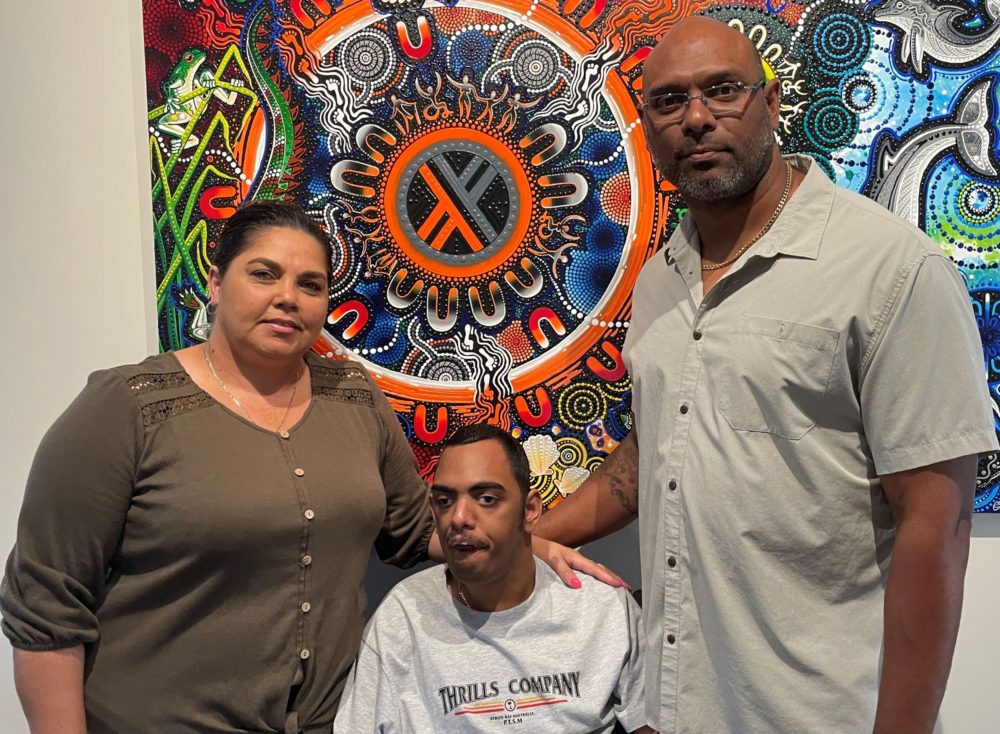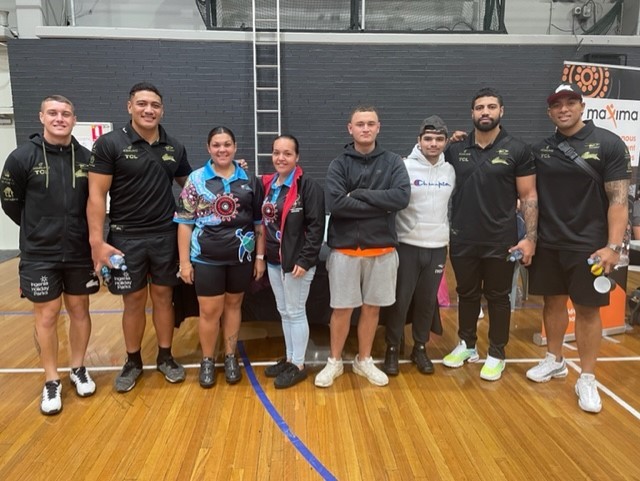By Neena Bhandari
Sydney, 14.07.2022 (Hireup News): Aboriginal and Torres Strait Islander people are less likely to have a self-managed NDIS plan than a plan-managed or an NDIA-managed plan, according to Indigenous disability providers. Self-management offers participants greater control over their funding and choice of supports and services. It allows the flexibility to purchase services and products from providers that are not NDIS registered, for example.
So, what is keeping Indigenous participants from availing this option? “The scheme is complex enough to navigate for most Aboriginal and Torres Strait Islander people, let alone the idea of managing the payment for services and budgeting for it,” says Shanelle Beazley, sector development coordinator at the Kurranulla Aboriginal Corporation in Jannali, NSW.
Of the 19,556 participants who received an NDIS plan during the most recently reported quarter, 9.1 per cent identified as Aboriginal or Torres Strait Islanders. Over the past two years, the proportion of participants who self-manage all or part of their plan has been stable at 30 per cent; those who use a plan manager has increased to 53 per cent; and those who have a fully NDIA-managed plan has decreased to 17 per cent.


